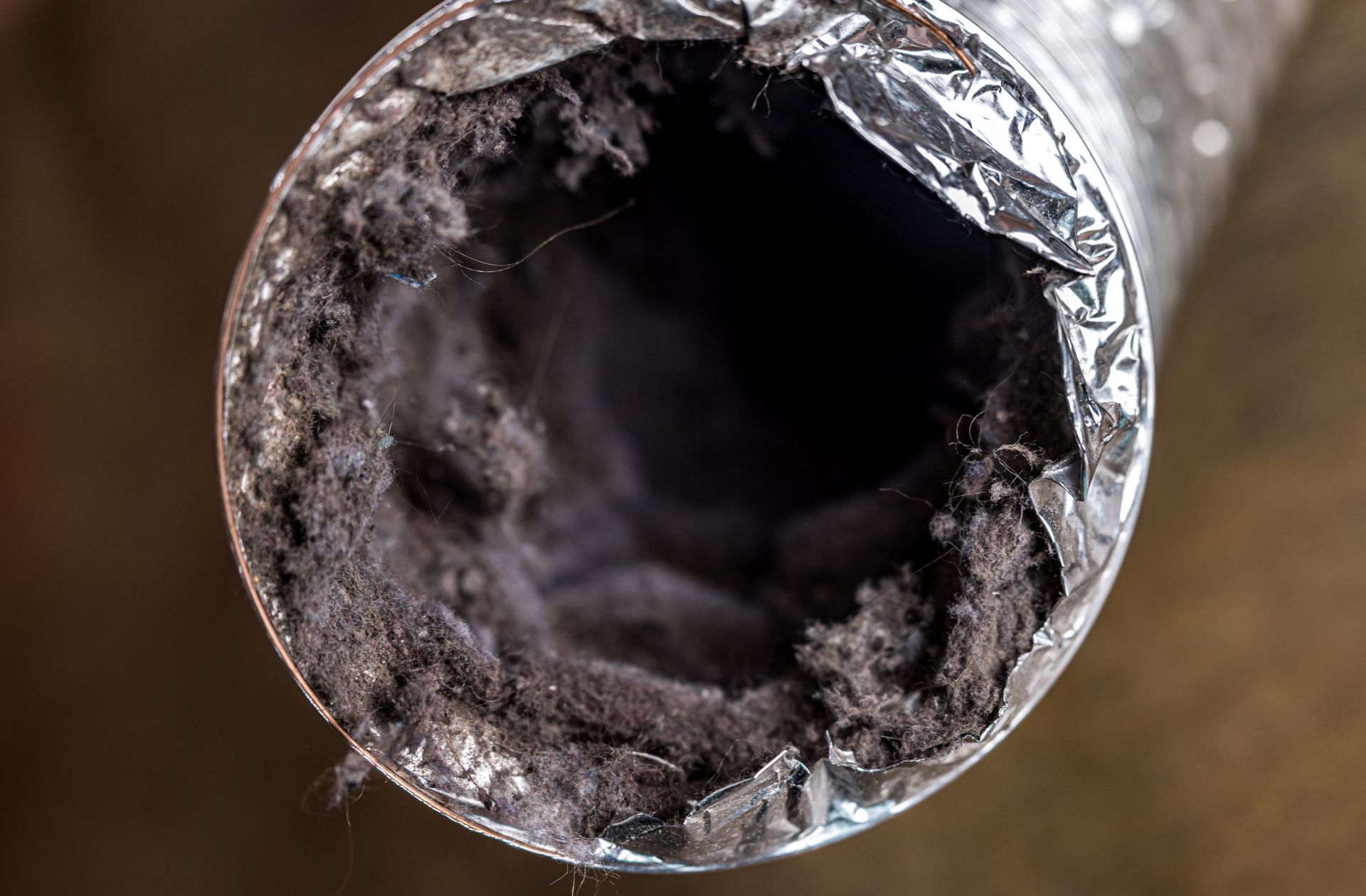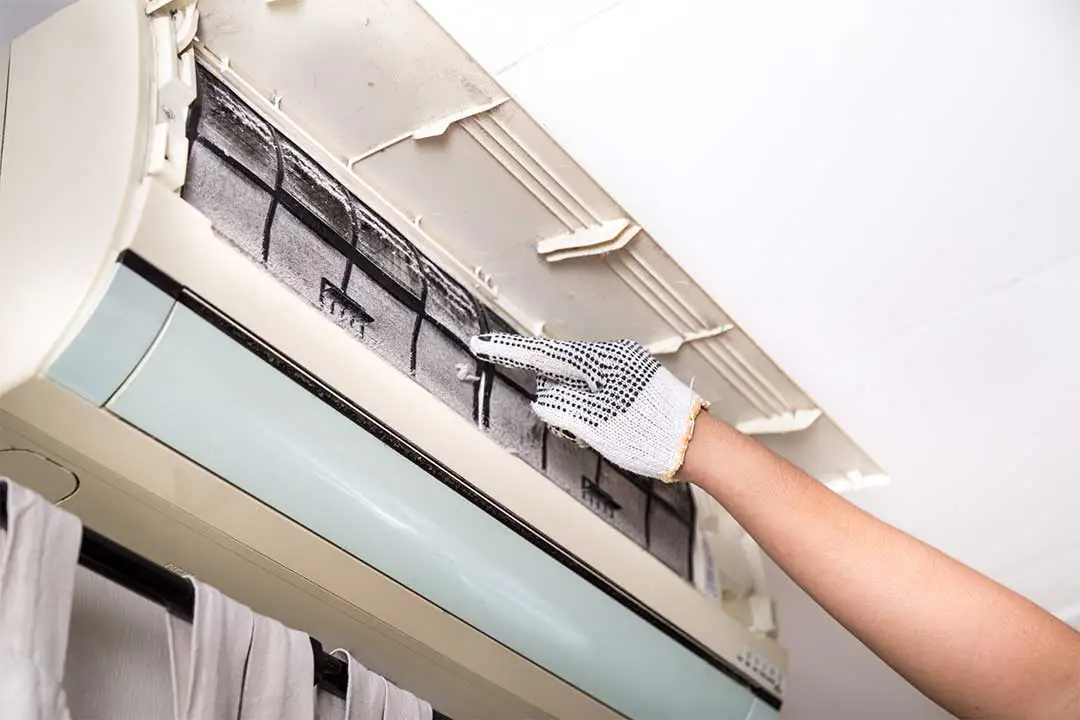The acronym AHU stands for Air Handling Unit, a crucial component in any HVAC (Heating, Ventilation, and Air Conditioning) system. Whether you’re a homeowner or managing a business, understanding what is AHU in HVAC system is vital for ensuring the effectiveness and efficiency of your ventilation. An AHU is used to condition and circulate air as part of an HVAC system. This guide will explore various aspects of AHUs, their types, functions, and importance in maintaining indoor air quality.

The Importance of an Air Handling Unit
An AHU plays a significant role in controlling the intake of outdoor air, air quality, heating, cooling, and humidity. By integrating different components such as filters, heaters, and mixers, an AHU ensures that air disseminated through a building is clean and of the desired temperature. This brings about an improved environment that is comfortable, safe, and energy-efficient.
Components of an AHU
Air Handling Units consist of various components. Let’s delve into each:
- Filters: These are designed to filter pollutants from the air.
- Coils: Used to cool or heat the air.
- Blowers: Facilitate the movement of air within the system.
- Mixing Chambers: Blend return air with fresh air.
- Humidifier: Controls the level of humidity.
Different Types of AHUs
The type of AHU used in an HVAC system can significantly impact the ventilation efficiency. Packaged units are pre-assembled in a factory, providing easy installation and compact design. In contrast, custom units are tailored to meet specific requirements, offering flexibility and high customizability.
Functionality and Modes
An AHU operates in various modes to serve diverse needs:
- Cooling Mode: Helps in reducing indoor temperature.
- Heating Mode: Warms up the indoor air during colder months.
- Ventilation Mode: Ensures proper airflow and circulation.
- Humidity Control: Maintains adequate humidity levels for comfort and health.
FAQs about AHUs in HVAC Systems
Why are AHUs essential?
AHUs ensure clean, conditioned air is distributed throughout a building, contributing to the comfort and safety of occupants.
What maintenance does an AHU require?
Regular maintenance includes filter changes, coil cleaning, and checking the integrity of other components. This ensures long-term, efficient operation of the HVAC system.
How do AHUs contribute to energy efficiency?
By effectively integrating heating, cooling, ventilation, and humidity control, AHUs can significantly reduce energy consumption, especially with proper design and regular maintenance. Learn more about HVAC system efficiency.
For further information on how AHUs impact HVAC systems, visit EPA guide on Indoor Air Quality.

Conclusion: Embracing Better Air Quality
Understanding what is AHU in HVAC system equips homeowners and businesses with the knowledge to enhance their indoor air quality, ensure comfort, and achieve energy efficiency. An investment in a good Air Handling Unit is a step towards a healthier and more sustainable living or working environment. For more insights on HVAC systems, check out resources like cost to install HVAC in an old house, and questions to ask about replacement.
This article contains affiliate links. We may earn a commission at no extra cost to you.






